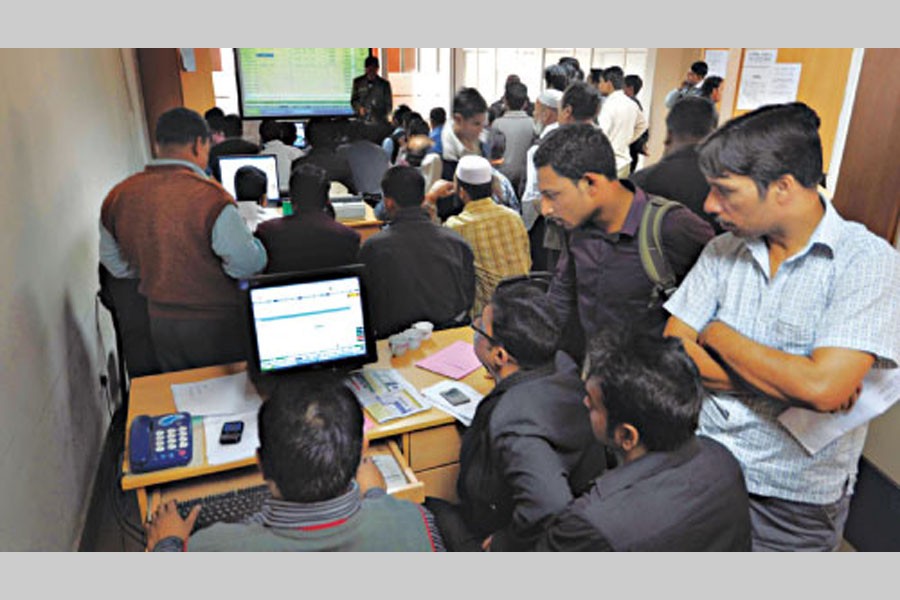The securities regulator has asked a listed company --Pacific Denims --to return to its own account a part of the fund it had mobilised through the initial public offering (IPO) and later, allegedly, misused.
The Bangladesh Securities and Exchange Commission (BSEC) issued the directive as the company allegedly misused the fund in the name of construction work.
The company in question raised fund worth Tk 750 million by issuing an IPO in December 2016. As the newspaper report goes, the Pacific Denims 'misused' fund worth about Tk 210 million and showed the amount as spending on building construction.
The other allegation is that the company, as per requirement of the IPO document, did not repay the bank loans within the stipulated time.
The lapses on the part of the company were detected by audit firm that was appointed by the BSEC. The company also, according to the securities regulator, did not extend necessary cooperation to the audit firm.
The regulator asked the errant company to return the 'misused' fund and present evidence in support of the compliance with its directive by the end of next month.
Besides, the BSEC has fined the managing director and other directors of Pacific Tk.0.3 million each.
The actions, particularly in relation to refund of IPO fund, initiated by the securities regulator possibly are unique in the Bangladesh's capital market history. It is so because a good number of listed companies misused and diverted funds mobilised through IPOs in the past with total impunity.
Lately, the BSEC is found to be watchful in the case of approving new IPOs that are in high demand among a section of investors. IPOs are devoured like anything though the main market has been in a moribund state for years together.
In the heydays of stock market in 1996, some unscrupulous people floated IPOs one after another and ignorant investors made big queues to secure a few shares. This rush was not without a reason. A new share would fetch its holder at least ten times of the face value instantly then.
But the shareholders of most of the companies that mobilised funds through IPOs in 1996 found them in troubles as the companies started malfunctioning. Many had closed operations long ago and some others are maintaining their existence somehow. A few names including Mark Shoes, Wonderland Toys, Raspit Data that came into being in the middle part of the 1990s do still stir up soured memories among many investors.
The securities regulator, to be honest, was not particularly careful about floatation of IPOs. Many companies managed to get IPOs approved without fulfilling the regulatory requirements. Political influence did play a role. The BSEC did neither scrutinise meticulously the past tract records of the sponsors of companies nor it closely examined the financials submitted by the IPO seekers.
The biggest lapse on the part of the BSEC has been its failure to monitor the use of funds the companies mobilise through the IPOs. In many cases, the listed companies divert funds in activities other than those mentioned in their prospectuses.
Moreover, many companies willing to float IPOs manage audited financials that depicted a rosy picture about their profitability. But once listed, things turn sour and the companies do usually fail to keep their commitment about dividend payments.
Thus, the BSEC does need to be particularly careful about the financials submitted by the IPO-seeking companies. Equally important is the monitoring of the use of IPO funds. There may be a few problems on the part of BSEC, in terms of qualified manpower and logistics. But those should be overcome at any cost. One of the major weaknesses of Bangladesh stock market is a lack of proper regulatory oversight. However, the situation is not anyway different in other areas of economy. But things should not go like this.


